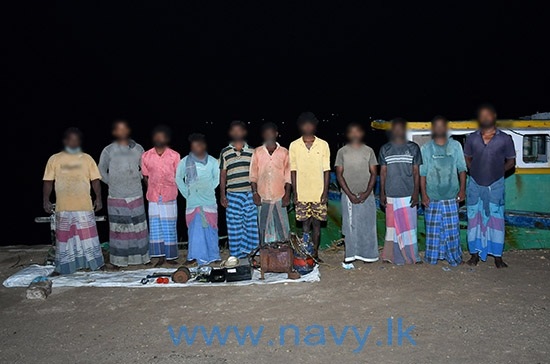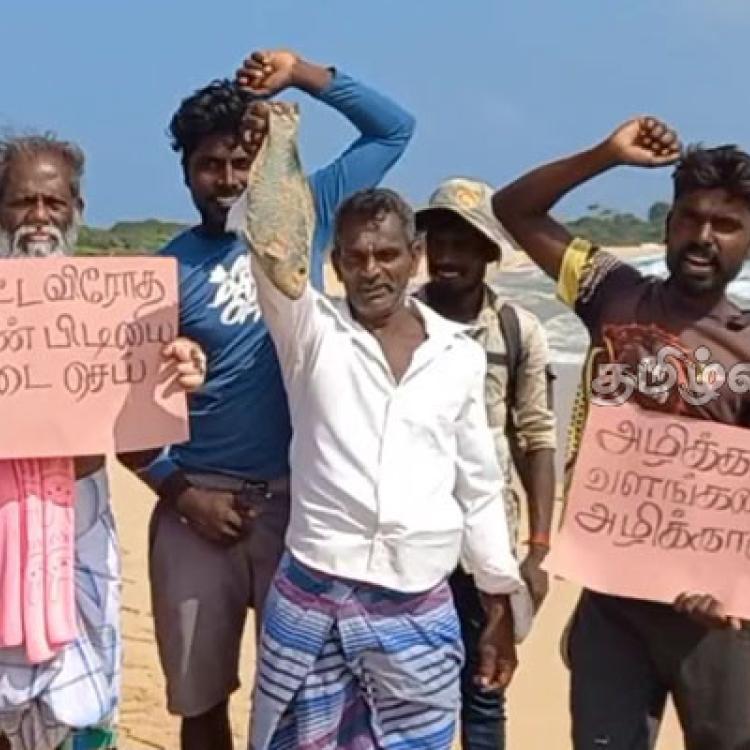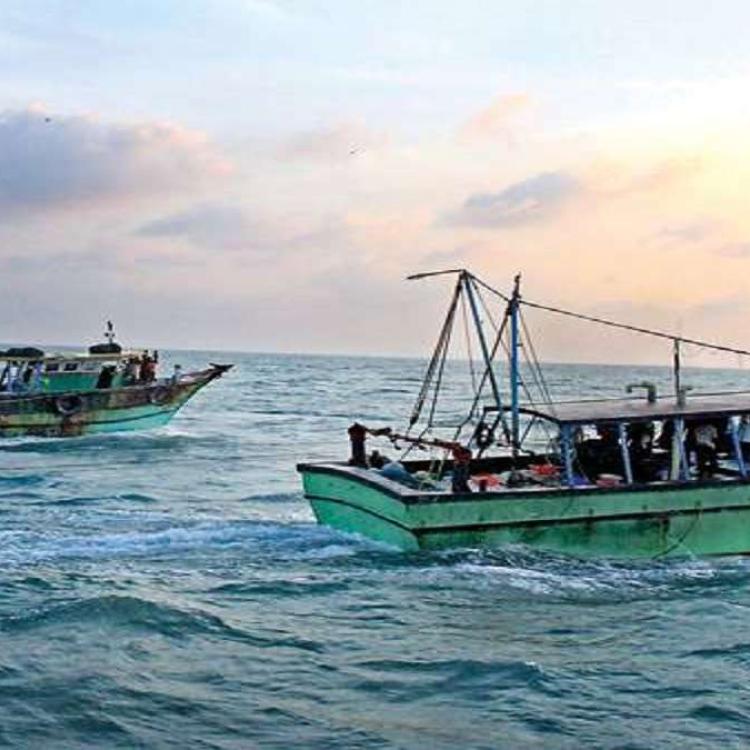
The arrest of eleven Tamil Nadu fishermen by the Sri Lankan Navy last week has reignited tensions between New Delhi and Colombo over the decades-long maritime conflict in the Palk Strait, as India’s External Affairs Minister S. Jaishankar acknowledged the enduring diplomatic and historical challenges behind the crisis.
The fishermen were apprehended off the coast of Neduntheevu (Delft Island) on 27 March, reportedly for trespassing into Sri Lankan waters and engaging in unauthorised fishing activities. Their boats were seized, and they were brought to the Myliddy fisheries harbour in the militarised Jaffna peninsula for interrogation. They were later remanded by the Kayts Magistrate’s Court, following further processing by the Department of Fisheries and Aquatic Resources.
This arrest brings the number of Indian fishermen currently detained in Sri Lanka to 97 — with 83 serving sentences, three awaiting trial, and the newly arrested eleven undergoing investigation. The incident came just hours after a delegation of fishermen from Rameshwaram, Tamil Nadu, arrived in Sri Lanka to hold talks with their Northern counterparts in Vavuniya, highlighting the continued volatility of the India-Sri Lanka fisheries dispute.
Speaking in the Rajya Sabha the same day, India’s External Affairs Minister S. Jaishankar addressed the issue, attributing the crisis to maritime boundary agreements dating back nearly five decades.
“These decisions are the root cause of the situation,” Jaishankar said, referring to the 1974 Indo-Sri Lanka Maritime Agreement and a follow-up exchange of letters in 1976.
Jaishankar explained that the situation predominantly affects fishermen from Tamil Nadu and Puducherry, given their geographic proximity to the maritime boundary. He added that many of those detained were boat owners, skippers, or repeat offenders, complicating India’s diplomatic negotiations with Sri Lanka.
The Sri Lankan Navy has intensified operations in the North-East, with surveillance extending beyond Indian fishermen. In a series of raids across Nandikadal Lagoon, Cod Bay, Echchalampaththu, Kalkuda, Kokkilai, Pothuvil, and Kinniya, authorities seized large amounts of illegal fishing gear and marine resources. Confiscated items included 147 trap nets, 305 monofilament nets, and over 2,400 sea cucumbers, as well as several vehicles and vessels.
The North-East remains heavily patrolled, with military forces retaining an outsized role in both civilian and marine affairs.
Jaishankar also pointed to legislative changes in Sri Lanka that have made the legal landscape increasingly punitive for Indian fishermen. Amendments to the Fisheries and Aquatic Resources Act (1996) and the Regulation of Foreign Fishing Boats Act (1979) in 2018 and 2023 have resulted in harsher sentences, higher fines, and prolonged detention for those accused of crossing the International Maritime Boundary Line (IMBL).
Back in Tamil Nadu, political leaders and fishermen’s unions have repeatedly condemned both Colombo’s enforcement tactics and New Delhi’s perceived passivity. They argue that the Indian government has failed to secure the release of detained fishermen or recover impounded boats, while calls for a more assertive foreign policy have grown louder.
Despite the diplomatic challenges, some progress has been made in individual cases. On the same day as the latest arrests, seven Indian fishermen previously detained in Sri Lanka were released and returned to Chennai. Four of them had been arrested on 20 February, and three on 22 February.
Photo (Navy.lk)




